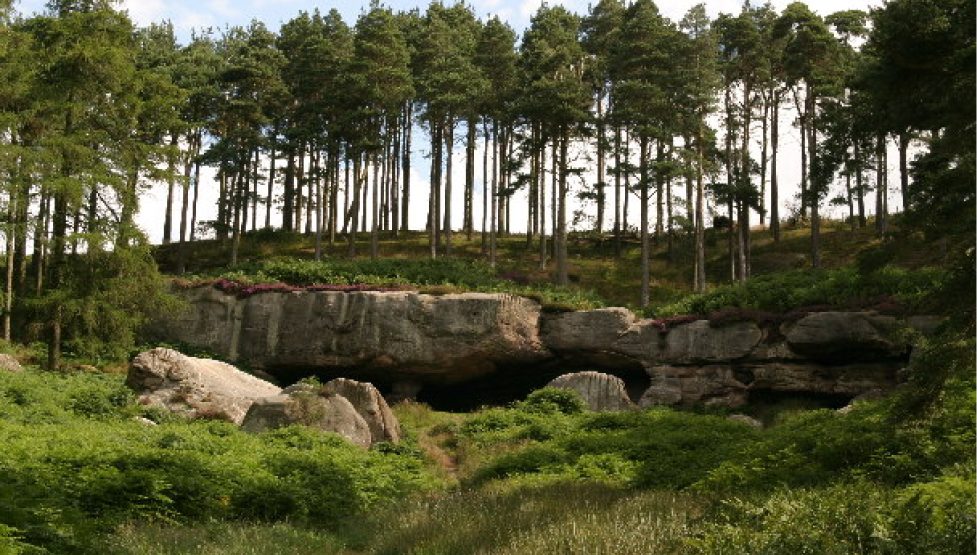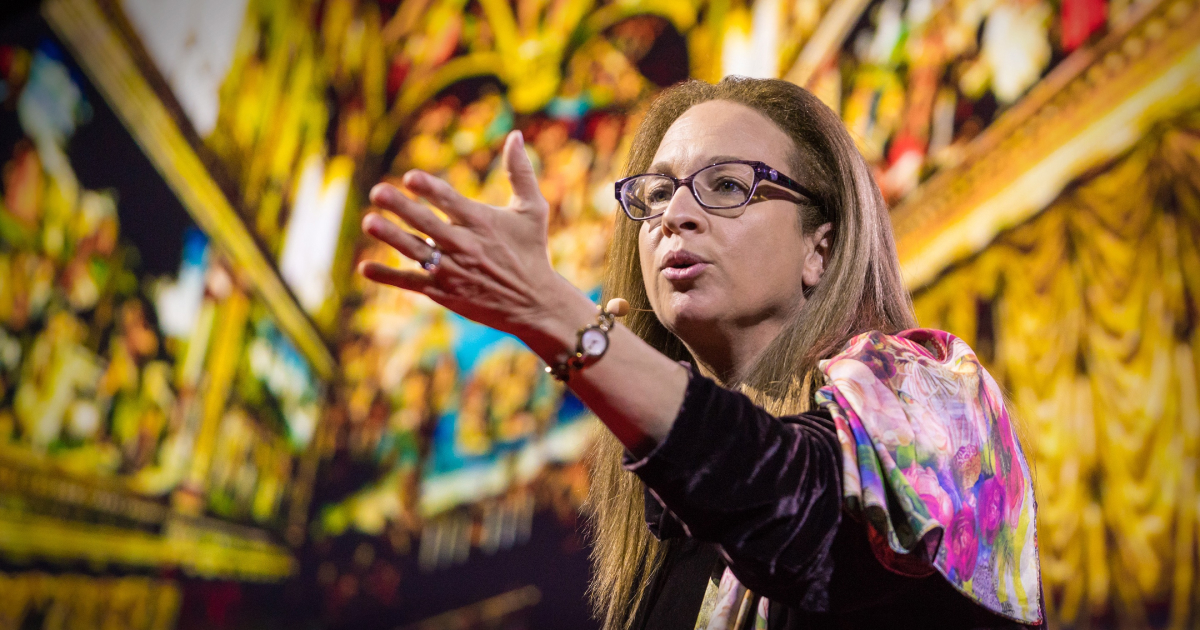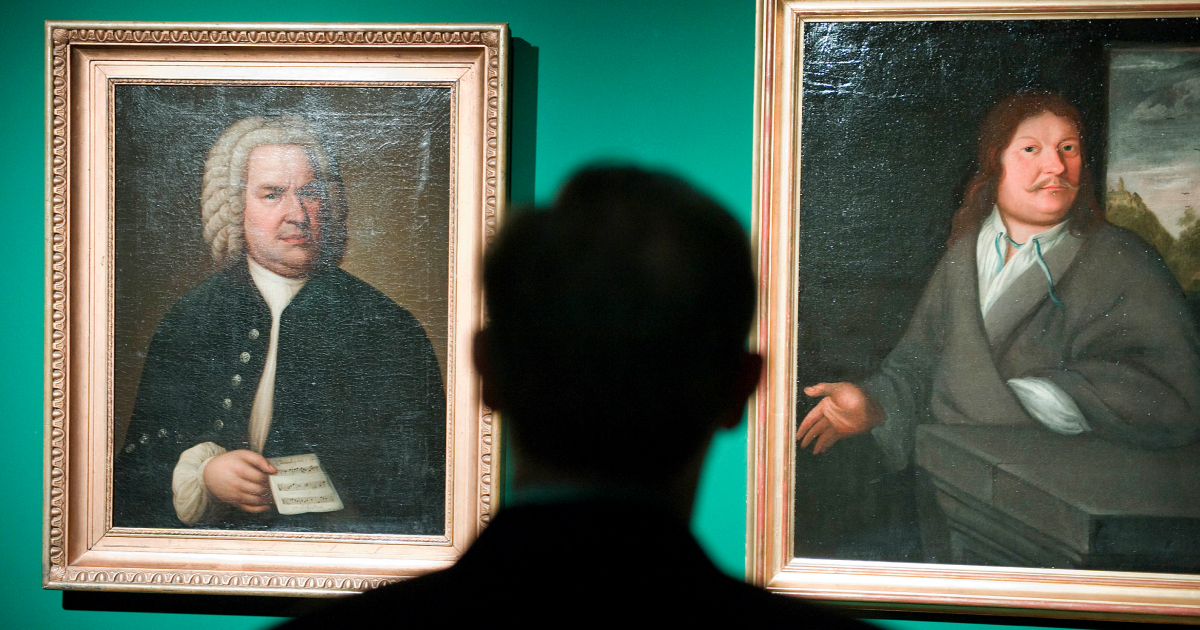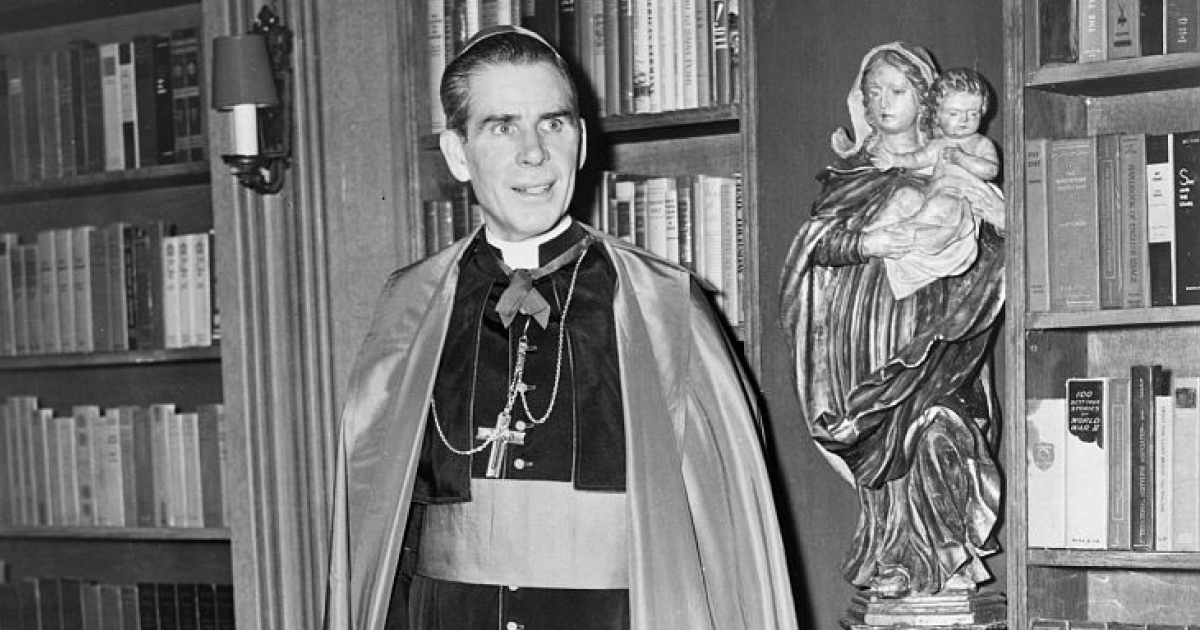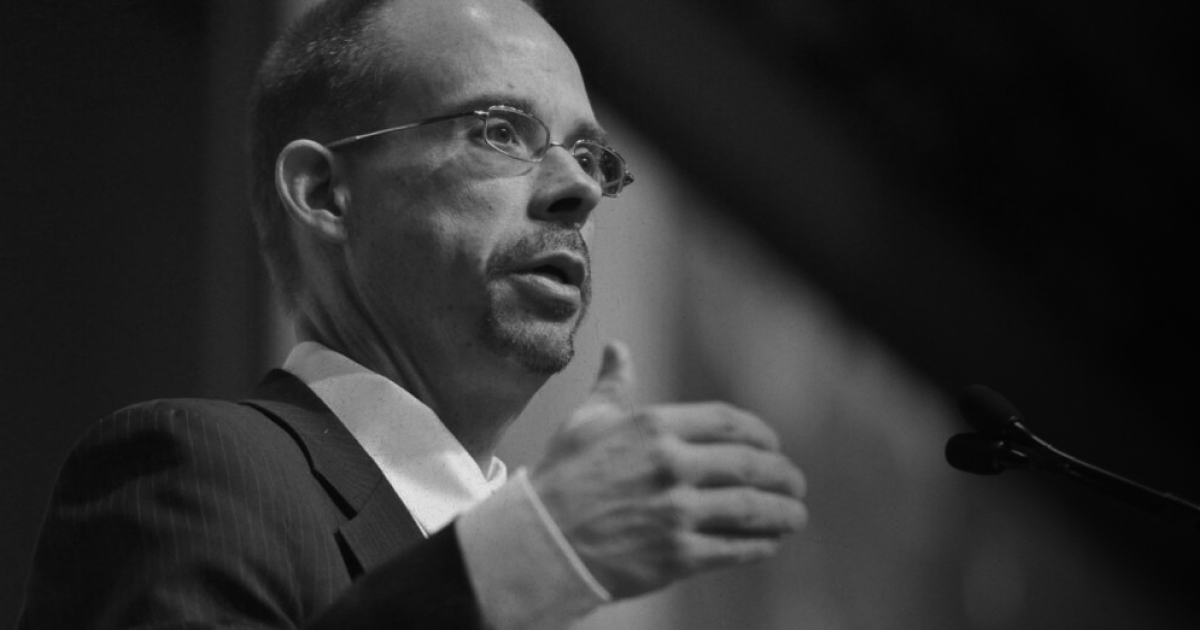The National Trust has refused to grant film-maker Christian Holden permission to film at St Cuthbert’s Cave, a historic site in Northumberland associated with the life and legacy of St Cuthbert, patron saint of Northumbria.
Holden, a UK-based Catholic film-maker specialising in documentary and promotional work with Christian themes, was commissioned earlier this year to produce a documentary exploring the Way of St Cuthbert, following a US university professor and his students along the saint’s historic path from Melrose Abbey to Lindisfarne.
As part of the production, Holden sought permission from the National Trust to film at St Cuthbert’s Cave, traditionally believed to be the place where St Cuthbert’s body was laid in 875 AD. However, the National Trust declined the request, citing a policy against filming with “religious affiliation”. The Trust also expressed disapproval of Holden’s website, saintant.com, because of its religious themes.
Whether the Trust’s refusal was based on the documentary’s assumed religious subject matter or the film-maker’s declared Catholic faith remains unclear. The Trust has so far declined to clarify the basis for its decision.
The refusal comes in the wake of wider public debate about the Trust’s direction and priorities. The organisation has been criticised in recent years for sidelining Christian heritage in its public programming and internal culture. The shift risks marginalising the country’s foundational Christian history, which has significantly shaped Britain’s culture, architecture and national identity.
Under the Equality Act 2010, religion or belief is a legally protected characteristic. Voice for Justice UK (VfJUK), a Christian human rights organisation committed to protecting religious liberty and leading the challenge against the ban, believes the Trust is in breach of the Act. VfJUK argues that denying permission to film on the grounds of “religious affiliation” amounts to unlawful discrimination. They further point out that as a registered charity entrusted with preserving the nation’s heritage, the National Trust has a duty to ensure all groups, including Christians, are treated fairly and without prejudice.
This is not the first time the National Trust has made headlines over discriminatory practices. In 2017, the Trust came under fire for attempting to make all staff and volunteers wear LGBTQ+ lanyards at Norfolk’s Felbrigg Hall. Staff were told by bosses they would not be allowed to carry out public-facing duties in the 17th-century hall if they refused.
After public backlash, with hundreds cancelling their memberships, the Trust backed down, allowing employees to decide whether they wished to wear the lanyards.
The decision to block a Christian film-maker from filming at the site of a saint is not the first time the Trust has acted to limit Christian expression in public life. In 2023, the Trust released an “inclusivity and wellbeing” calendar that omitted Christmas but included the Hindu festival of Diwali and the Muslim festivals of Eid and Ramadan.
Commenting on the controversy, a National Trust spokesperson told the Catholic Herald: “We are reviewing what has happened in this case. We welcome everyone to the places in our care and provide space for people to come together and celebrate their culture and heritage. We are also proud to look after historic chapels and churches, some of which are still used for worship today, as well as other sites of religious significance. We do not have a formal policy about religious filming at our places.”
To support Christian Holden’s work, readers are requested to visit his website, saintant.com.
Photo: by Phil Thirkell, CC BY-SA 2.0, https://commons.wikimedia.org/w/index.php?curid=9218484





